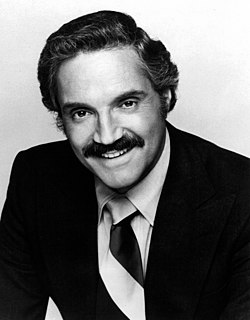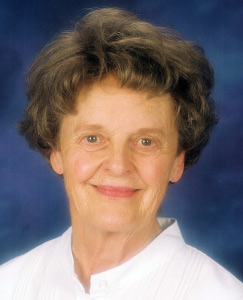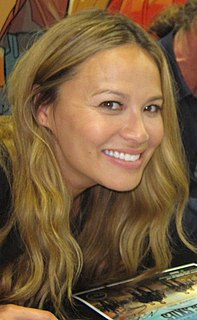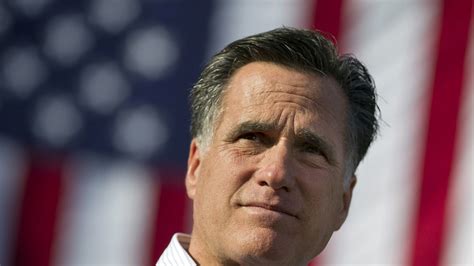A Quote by Robin Hobb
Every writer knows a lot more about their characters and story than actually makes it onto the page.
Related Quotes
I feel like when you do things with such a small budget, it actually makes you be more creative... and allows you to concentrate more on the story and the characters. I think that there is something about dirty, gritty and raw filmmaking that makes it feel a little more natural and makes it easier to connect with the action.
On a more technical level, a story takes a lot of words. And to generate words and phrases and images and so on, that will compel the reader to continue reading - that stand a chance of really grabbing a reader - the writer has to work out of a place of, let's say, familiarity and affection. The matrix of the story has to be made out of stuff the writer really knows about and likes. The writer can't be stretching and (purely) inventing all the time. Well, I can't, anyway.
It feels as though a very disproportionate number of main characters are writers, because that's what the writer knows. Fair enough. But nothing bothers me more in a movie than an actor playing a writer, and you just know he's not a writer. Writers recognize other writers. Ethan Hawke is too hot to be a writer.
A good writer can simulate a page torn out of somebody's diary, and give you every little voyeuristic thrill you might get from that, but actually tell you a broader story. I think it's a noble idea that it's cathartic to open a vein for everybody to see, but ultimately, you're just getting blood everywhere and making a mess. I like the idea that there are deeper and more meaningful things to talk about than your own misery. But at the same time, there's something really interesting about skirting that line and making it seem like you're doing that.
In any case, you read with exasperation or amusement the multiple errors in a story-and then turn the page to national or international affairs, and read with renewed interest as if the rest of the newspaper was somehow more accurate about far-off Palestine than it was about the story you just read. You turn the page, and forget what you know.





































